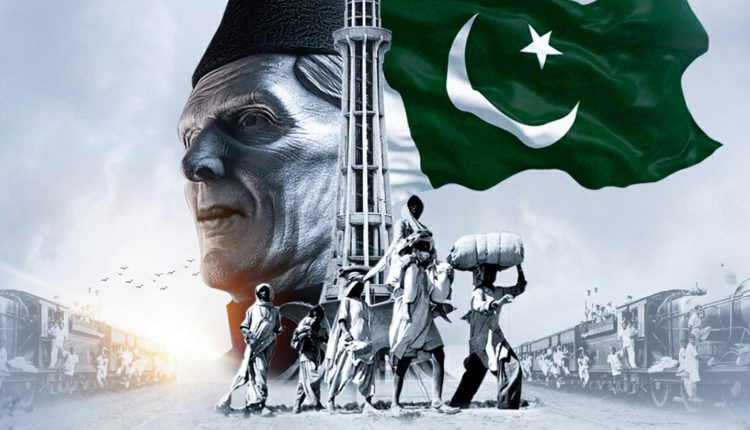Pakistan Independence Day 2023: Exploring History and Celebrations
History, Celebrations, and Patriotism

August 14th marks a momentous occasion in the annals of history – Pakistan’s Independence Day. This annual celebration harkens back to the fateful day in 1947 when the British Indian Empire underwent a transformative division, giving birth to two distinct nations: India and Pakistan. The journey to Pakistan’s sovereignty, orchestrated under the astute guidance of Quaid-e-Azam Muhammad Ali Jinnah, spanned seven years of unwavering determination and resilience. As this year’s 14th of August aligns gracefully with a Monday, the celebrations take on an added layer of significance, granting a prolonged weekend for the populace to partake in a myriad of festive events and activities that pay tribute to the nation’s remarkable journey.
The Indian subcontinent, once an undivided expanse encompassing present-day Pakistan, India, and Bangladesh, bore witness to a tumultuous history of conflicts and tensions between Hindus and Muslims, particularly after the advent of Islam. The aftermath of the 1857 War of Independence sowed the seeds of ideologies aimed at safeguarding the rights and interests of the Muslim minority.
It was in 1906 that the All-India Muslim League came into being, advocating for a separate homeland for Muslims within the subcontinent. A pivotal moment arrived on October 1 of the same year when a delegation of 36 Muslim leaders presented this demand to the viceroy of India in Simla. Emerging from the ranks of the League was Muhammad Ali Jinnah, a distinguished lawyer and statesman, who would eventually become the driving force behind the realization of Pakistan. Leading the All-India Muslim League from 1913 onwards, Jinnah’s unwavering commitment paved the path to Pakistan’s eventual independence.
Allama Muhammad Iqbal, another visionary luminary, echoed the call for Muslim separation from India during his momentous presidential address on December 29, 1930, in Allahabad. This historic speech, widely known as the Allahabad Address, served as a turning point. Notably, the term “Pakistan” was first brought to light in a leaflet titled “Now Or Never” in 1933, encapsulating the fervent aspirations of a distinct Muslim state.
The wheels of destiny were set in motion when the British parliament introduced the Indian Independence Act in July 1947, resulting in the establishment of separate interim governments for India and Pakistan on July 20. Finally, on the historic date of August 14, 1947, the expansive British Indian subcontinent underwent a profound partition, giving rise to the sovereign nations of India and Pakistan. Subsequently, Pakistan’s evolution saw its transformation from a dominion to an Islamic Republic.
In retrospect, the monumental efforts of leaders such as Quaid-e-Azam Muhammad Ali Jinnah and visionaries like Allama Muhammad Iqbal forged the path towards the creation of a self-reliant nation. As Pakistan readies itself to celebrate another Independence Day this year, the fortuitous alignment of the date with a Monday extends an auspicious opportunity for citizens to join hands, paying homage to their nation’s storied history, monumental achievements, and ongoing voyage towards progress and prosperity.
